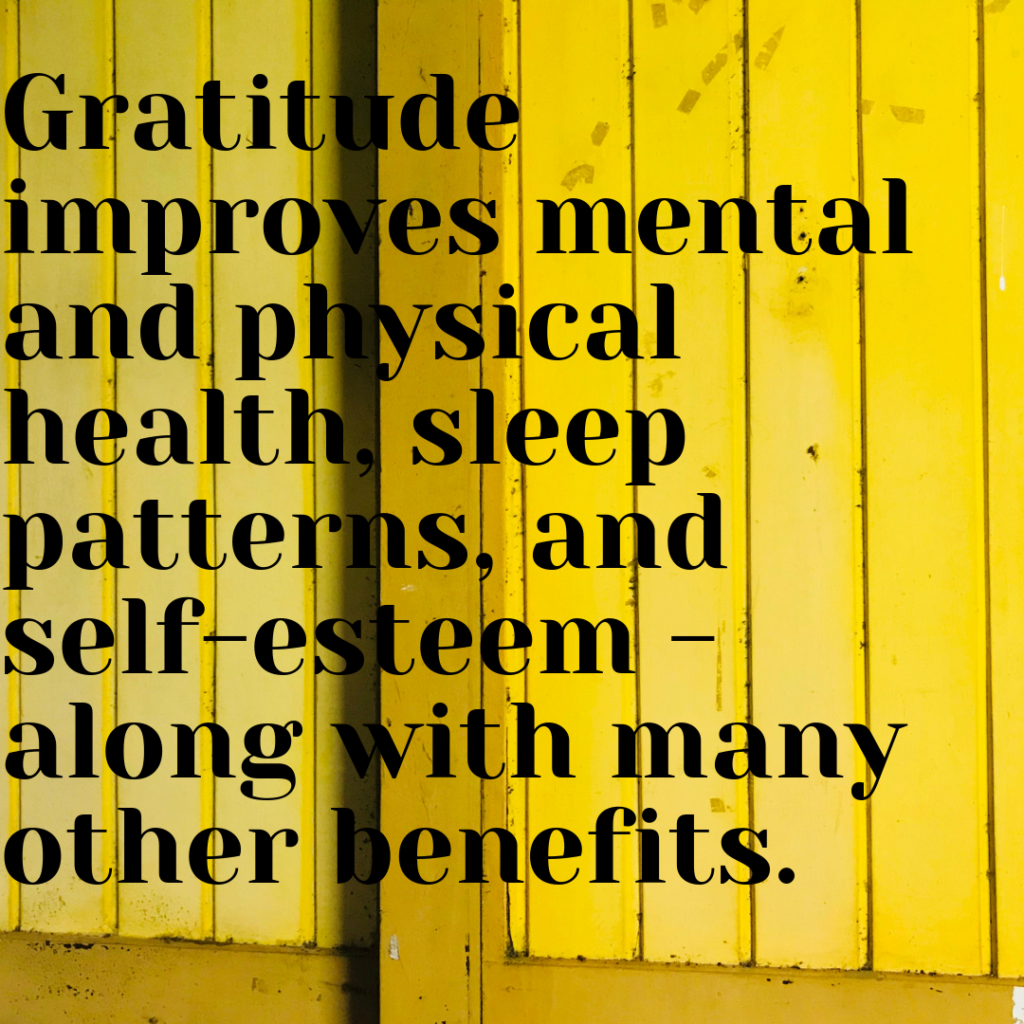by Emma Whiteford
“One of the great mysteries of Christianity is contentment. What we must learn is that contentment is not something that’s found; it is an attitude.” -Crown Financial Ministries
We live in a world constantly pushing discontentment. Regardless of culture, age, socioeconomic status, or beliefs, it’s way too easy to buy into the lie of If I have THIS, I will be happy. We see everything we don’t have and we say that’s what I’ve always wanted, that’s my dream, that’s what I’m striving towards. We chase the “if.” Even if we get everything we long for, the world tells us more. You need more. You deserve more. And pretty soon we’re caught in a vicious cycle of seeking but never finding, wishing but never receiving, seeing but never getting.
Realistically, when we are dissatisfied with other areas of our lives, it’s easy to look at our walk with Christ and see it as not good enough. We want it to be deeper and stronger. We want to be more selfless, more compassionate, more willing, more open, more servant-hearted… and we want that growth to happen now. We convince ourselves that we can’t possibly do anything and be anything worthwhile for the Lord where we are. Somehow, we need to become better Christians before we can start to serve the Lord!
We spend much of our time putting our contentment in the wrong things because we don’t understand its source, definition, and what it entails. True contentment has faith in God at its core, and it goes hand in hand with gratefulness and trust.
Gratefulness: Contentment begins with gratitude. Did you know it’s scientifically proven that gratitude improves mental and physical health, sleep patterns, and self-esteem? That being grateful helps people to be more joyful, empathetic, positive, and energized, along with countless other benefits? Gratitude eradicates discontentment. We have been given so much, but when we only chase dreams and look ahead, we forget to look behind and see all that has been done for us. Thus, if you want to be more grateful, focus on the blessings you have been given. Count your blessings today and see the difference it makes!

Trust: The second part of the contentment equation is trust. Trust that God can use you. Trust that he will supply your needs. Trust that he has everything under control. While this is undeniably true, how do we do it? We have an inborn need to control so how do we give up control and put our trust in the Lord? Trust is knowing and believing that God will supply your every need. Trust is understanding that this world has nothing of value to offer us and that God has everything of value to offer. It’s believing that the Lord is your comfort, your home, and your resting place, and that nothing else in the world will ever compare. Just look at the first part of 1 Timothy 6:6-12: But godliness with contentment is great gain. For we brought nothing into the world, and we can take nothing out of it. But if we have food and clothing, we will be content with that.
So often our idea of contentment is comfort and security, but that’s a shallow, false idea. If you place your idea of contentment in the hands of comfort you will be easily shaken amidst any uncomfortable situation. Contentment is not derived or born from circumstances; it is brought forth by faith.
This world is not our home and its promises are not ours to trust. There isn’t a foolproof “Ten steps to contentment” for us to follow, but we can choose to focus on what we have and not what we don’t. We can surrender our own ideas of comfort and need and let go of trying to control our lives. Contentment is a lifelong, daily choice that starts with living your life grateful for what you already have and trusting in what’s to come.
If they obey and serve him, they will spend the rest of their days in prosperity and their years in contentment. -Job 36:11
This blog was originally published on September 9, 2019.

One Comment
Matt Kozma
Good stuff!